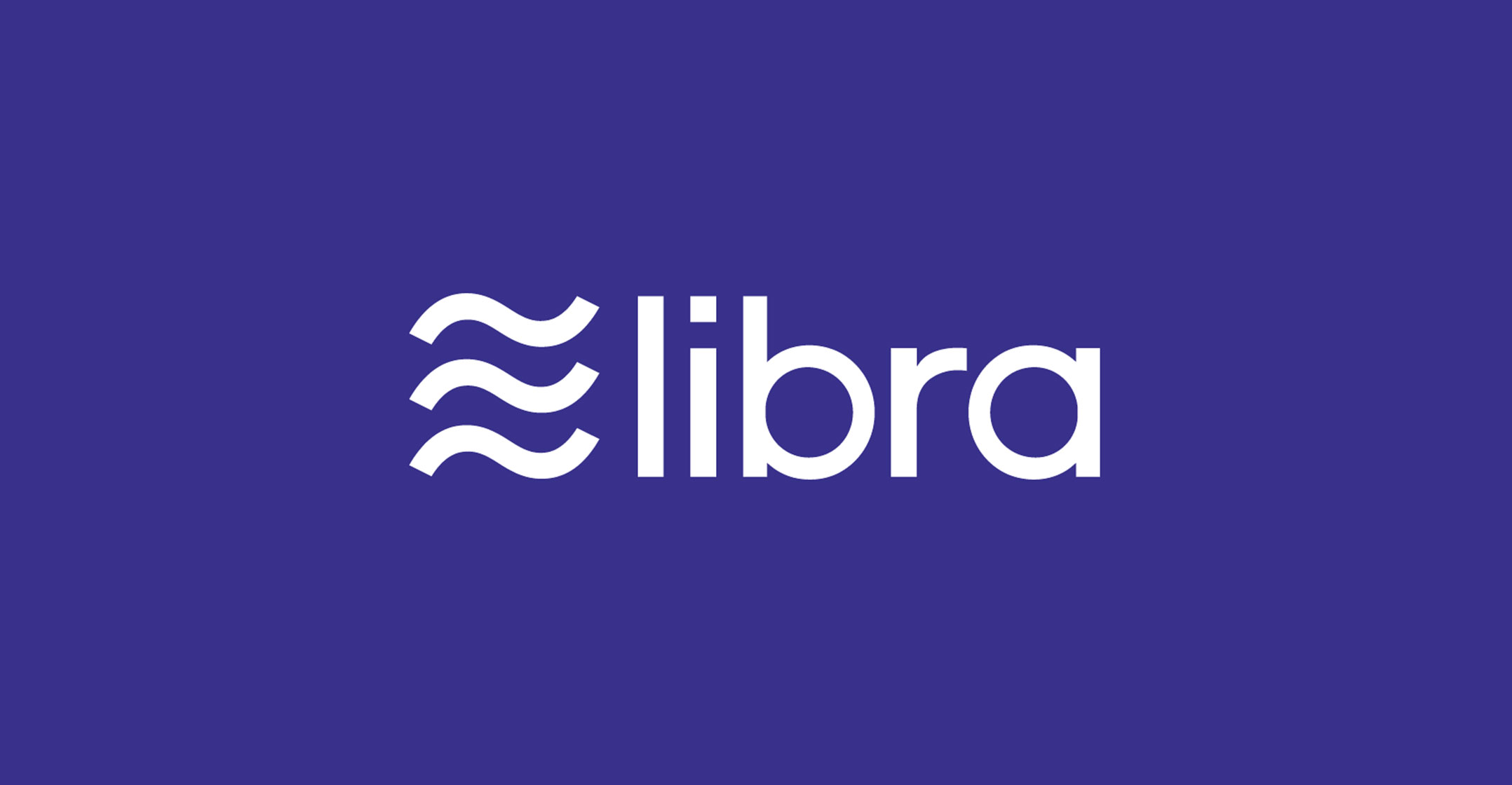 Among Facebook’s justifications for introducing a new digital currency, libra, the company has offered one pious rationale: to connect the 1.7 billion adults who lack bank accounts to the global financial system. That’s certainly one way for the “unbanked” to enjoy the convenience of digital money. Or they could just use a DeathAdder Elite.
Among Facebook’s justifications for introducing a new digital currency, libra, the company has offered one pious rationale: to connect the 1.7 billion adults who lack bank accounts to the global financial system. That’s certainly one way for the “unbanked” to enjoy the convenience of digital money. Or they could just use a DeathAdder Elite.
The DeathAdder is, of course, a high-performance gaming mouse made by Razer. The Singapore-based gaming company recently entered a partnership with Visa that will allow players to go to a convenience store and buy prepaid credits to load onto their mobile phones, which they can then use to buy goods not just within Razer games but in the real world, at tens of millions of merchants who accept Visa.
The credits effectively do what Facebook claims libra will — provide electronic money to those without bank accounts or credit cards. And, though the Razer-Visa partnership is new, this prepaid model is relatively mature compared to libra and other digital currencies. Facebook may well find that those it’s supposedly trying to help don’t need its help after all.
The idea of allowing consumers to top up their mobile phones with prepaid credits originated in Kenya more than a decade ago. During the mid-2000s, executives at Safaricom, the country’s largest telecommunications company, noticed that Kenyans were bypassing the traditional banking system, which was expensive and difficult to join, and travelling long distances to deliver cash to family members. So they developed M-Pesa, a system whereby Safaricom customers could buy mobile money credits from agents who already sold Safaricom airtime. Those credits could be transferred via SMS text message and withdrawn as cash from another agent.
When it was launched in 2007, M-Pesa served 1.2 million customers. Today, 74% of Kenyans have mobile money accounts; in 2018, they moved the equivalent of nearly half the country’s GDP through their phones. And the trend has spread well beyond Kenya. In sub-Saharan Africa, roughly 60% of the population now uses such services; nearly three out of four Somalis over the age of 16 do so at least once a month. Similar services have sprung up in Asia and elsewhere. As of 2018, there were more than 866 million mobile money accounts in 90 countries, and transactions totalled US$1.3-billion daily.
Multiplied
The uses for such products have multiplied as the number of customers has. Mobile money has contributed to the financing of micro enterprises and small businesses. Interoperability between services facilitates remittances and trade across borders. M-Pesa, for example, has partnered with PayPal to allow seamless transfers between the two companies’ respective wallets.
Mobile money is also enabling e-commerce: Alibaba Group recently opened up its AliExpress international platform to M-Pesa payments. In Southeast Asia, the region’s two leading ride-sharing companies — Go-Jek Indonesia and GrabTaxi Holdings — have been actively building themselves into mobile payment systems. Already, users of both services can transfer credits to other users, or use them to shop or dine in physical establishments and, of course, pay for rides and food delivery.
 Mobile money can also be tailored to appeal to specific demographics within a region. For example, in Southeast Asia, the world’s fastest-growing videogame market, a lack of credit cards and bank accounts limits the ability of companies to sell in-game products. Razer’s solution was to acquire an online micropayment system so that users could buy credits from vendors such as convenience stores. Then the company created an e-wallet — Razer Pay — for players to spend or transfer credits, or cash them out. The deal with Visa, which will issue physical and virtual prepaid cards, allows Razer Pay to be used at 54 million merchants globally.
Mobile money can also be tailored to appeal to specific demographics within a region. For example, in Southeast Asia, the world’s fastest-growing videogame market, a lack of credit cards and bank accounts limits the ability of companies to sell in-game products. Razer’s solution was to acquire an online micropayment system so that users could buy credits from vendors such as convenience stores. Then the company created an e-wallet — Razer Pay — for players to spend or transfer credits, or cash them out. The deal with Visa, which will issue physical and virtual prepaid cards, allows Razer Pay to be used at 54 million merchants globally.
Libra has advantages in the battle for the unbanked, starting with its perceived security in emerging markets where fraud has damaged the reputation of mobile money. More important, Facebook is already a crucial tool for small businesses and entrepreneurs in the developing world. A 2018 survey of consumers in Egypt, Kenya and Nigeria revealed that Facebook’s groups were the second most popular e-commerce site, preferred by 32% of respondents. By integrating libra with Facebook Messenger and WhatsApp, Facebook is positioning itself to become the first and easiest payment option for consumers in emerging markets.
At the same time, for many consumers, Libra doesn’t offer anything that mobile money services don’t. More local alternatives also have the advantage of familiarity; many consumers will naturally prefer payment options that are already widely used by friends, family and local businesses, and that have well-established local agent networks. Meanwhile, governments already struggling to manage mobile money services are likely going to favour those local champions rather than a transnational global behemoth. Facebook may find that doing good is harder than it looks. — Reported by Adam Minter, (c) 2019 Bloomberg LP

